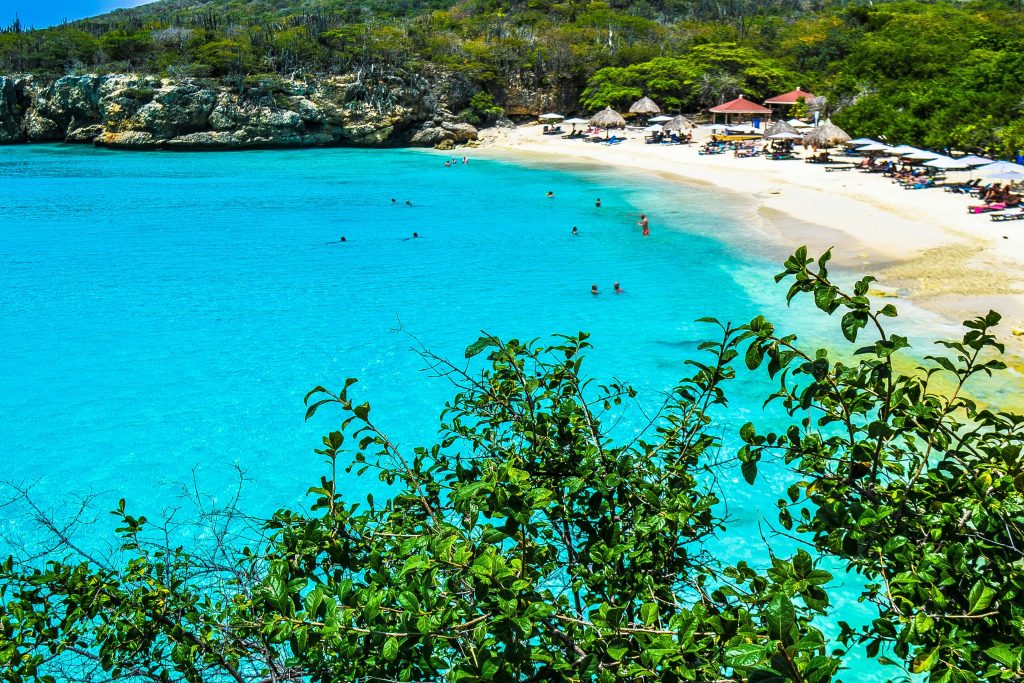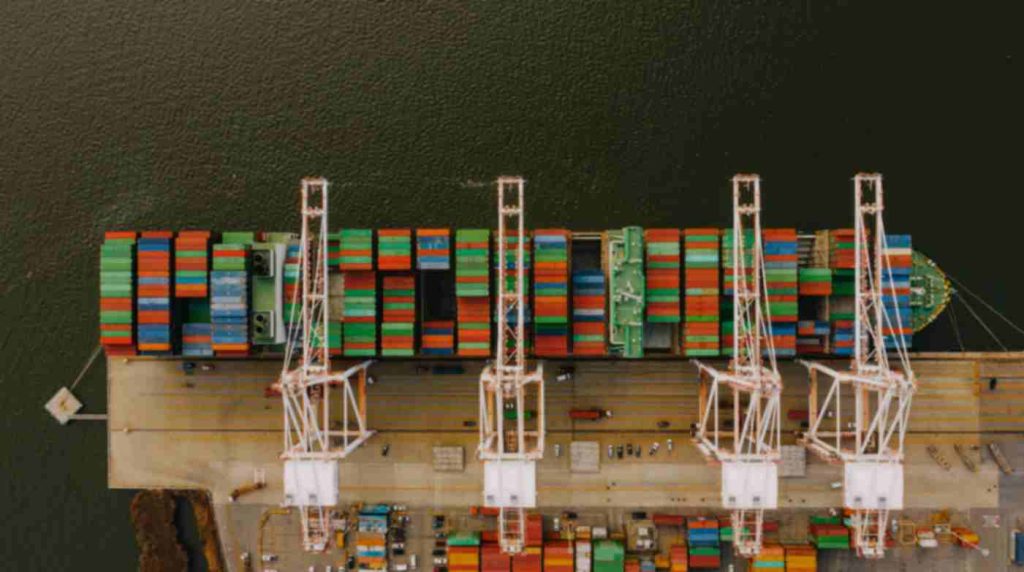The Dutch Caribbean is known for its beautiful beaches, sea life, and green scenery, attracting many tourists looking for sun, sand, and fun.
But as more people care about the environment, it’s important for tourism to be sustainable. Ecotourism, which means traveling responsibly to nature spots to help the environment and local people, is becoming popular.
This is a good way to keep the Dutch Caribbean beautiful while helping local economies grow. To do this, ports in the Dutch Caribbean are working on ways to protect their delicate ecosystems while still offering eco-friendly travel options that tourists want.
The Rise of Ecotourism in the Caribbean

The rise of ecotourism in the Caribbean is a response to several factors, including increasing global awareness of environmental issues, growing concerns about the sustainability of traditional tourism practices, and a desire to conserve the region’s natural resources while promoting economic development.
Environmental Awareness
With heightened awareness of climate change, habitat destruction, and biodiversity loss, travelers are increasingly seeking out destinations that prioritize conservation and environmental stewardship. The Caribbean, known for its rich biodiversity and fragile ecosystems, has become a focal point for ecotourism initiatives aimed at protecting its natural heritage.
Sustainable Practices
Traditional tourism, characterized by large-scale resorts, cruise ship tourism, and intensive development, can have detrimental impacts on the environment, including habitat destruction, pollution, and overconsumption of resources.
Ecotourism offers a more sustainable alternative by promoting responsible travel practices that minimize negative environmental impacts and support conservation efforts.
Cultural Preservation
Ecotourism in the Caribbean often goes hand in hand with efforts to preserve local cultures and traditions. Many ecotourism initiatives engage with indigenous communities and local stakeholders, providing opportunities for cultural exchange and economic empowerment while promoting environmental conservation.
Economic Benefits
Ecotourism has the potential to generate significant economic benefits for Caribbean countries, including job creation, income generation, and investment in local infrastructure and services. By capitalizing on the region’s natural beauty and biodiversity, ecotourism can diversify the tourism sector, reduce dependence on traditional mass tourism, and contribute to sustainable long-term development.
Government and Industry Support
Governments and tourism authorities in the Caribbean are increasingly recognizing the importance of ecotourism and implementing policies and initiatives to support its growth. This includes promoting ecotourism destinations, providing incentives for sustainable tourism development, and investing in conservation and infrastructure projects that benefit both visitors and local communities.
Sustainable Infrastructure in Port Areas

Sustainable infrastructure in Dutch Caribbean port areas means building and maintaining facilities like docks, terminals, and transportation systems in a way that doesn’t harm the environment and benefits local communities.
Environmental Considerations
When constructing or upgrading port facilities, attention is given to minimizing negative impacts on the surrounding ecosystem. This might include using eco-friendly building materials, implementing measures to reduce pollution and waste, and preserving sensitive habitats like coral reefs and mangroves.
Energy Efficiency
Sustainable port infrastructure aims to reduce energy consumption and reliance on fossil fuels. This can be achieved through the use of renewable energy sources like solar or wind power, energy-efficient lighting and equipment, and smart technologies to optimize energy usage.
Water Management
Given the vulnerability of Caribbean islands to water scarcity and the impacts of climate change, sustainable port infrastructure includes measures to manage water resources responsibly. This might involve implementing rainwater harvesting systems, treating and recycling wastewater, bilge water management and preventing contamination of coastal waters.
Resilience to Natural Disasters
Caribbean ports are susceptible to hurricanes, storm surges, and other natural disasters. Sustainable infrastructure designs incorporate resilience measures to withstand these events, such as reinforced structures, coastal defenses, and emergency response plans.
Socio-Economic Benefits
Sustainable port infrastructure projects are designed to benefit local communities by creating jobs, supporting small businesses, and improving access to transportation and services. This can help boost economic development and enhance the overall quality of life for residents in port areas.
Stakeholder Engagement
Developing sustainable infrastructure involves consulting with stakeholders, including local communities, government agencies, and environmental organizations. Their input helps ensure that projects address local needs and concerns while aligning with broader sustainability goals.
Balancing Tourism with Environmental Conservation
Balancing tourism with environmental conservation in Dutch Caribbean ports involves promoting eco-friendly practices, protecting sensitive habitats, and encouraging responsible tourism. This ensures that visitors can enjoy the natural beauty of the region while minimizing harm to the environment and supporting the local economy.
Green Initiatives and Renewable Energy in Ports
Green initiatives and renewable energy in Dutch Caribbean ports refer to efforts aimed at reducing carbon emissions and promoting sustainability within port operations in the region.
The Dutch Caribbean port agencies play a key role in implementing these initiatives. This includes adopting eco-friendly practices such as using electric vehicles for cargo handling, installing renewable energy sources like solar panels to power port facilities, and implementing energy-efficient technologies in port infrastructure.
These efforts align with broader sustainability goals, aiming to minimize environmental impact while ensuring the long-term viability of port operations in the Dutch Caribbean.
Case Studies: Success Stories in Sustainability
These case studies demonstrate the success of Dutch Caribbean ports in implementing sustainable practices, leading to environmental preservation, economic benefits, and positive community impacts.
Aruba Ports Authority (APA)
Aruba’s ports have implemented various sustainability measures, including solar power generation, energy-efficient lighting, and rainwater harvesting systems.
APA’s efforts have reduced carbon emissions, decreased energy costs, and minimized water usage, contributing to environmental conservation and cost savings.
The implementation of sustainable practices has positioned Aruba as a leader in green port initiatives within the Dutch Caribbean, attracting eco-conscious tourists and fostering economic growth.
Curaçao Ports Authority (CPA)
CPA has prioritized sustainability through the adoption of renewable energy technologies and eco-friendly infrastructure.
The installation of solar panels and wind turbines at port facilities has significantly reduced reliance on fossil fuels and decreased carbon emissions.
Additionally, CPA has implemented measures to protect marine ecosystems, including coral reef restoration projects and sustainable fishing practices, enhancing environmental conservation efforts while supporting local communities dependent on marine resources.
Sint Maarten Harbor Group of Companies (SMHG)
SMHG has implemented a comprehensive sustainability strategy focusing on energy efficiency, waste management, and community engagement.
Through the introduction of energy-saving technologies, such as LED lighting and energy-efficient equipment, SMHG has reduced energy consumption and operational costs.
Furthermore, SMHG actively engages with local stakeholders to promote environmental awareness and support community initiatives, fostering a culture of sustainability within the port and its surrounding areas.




